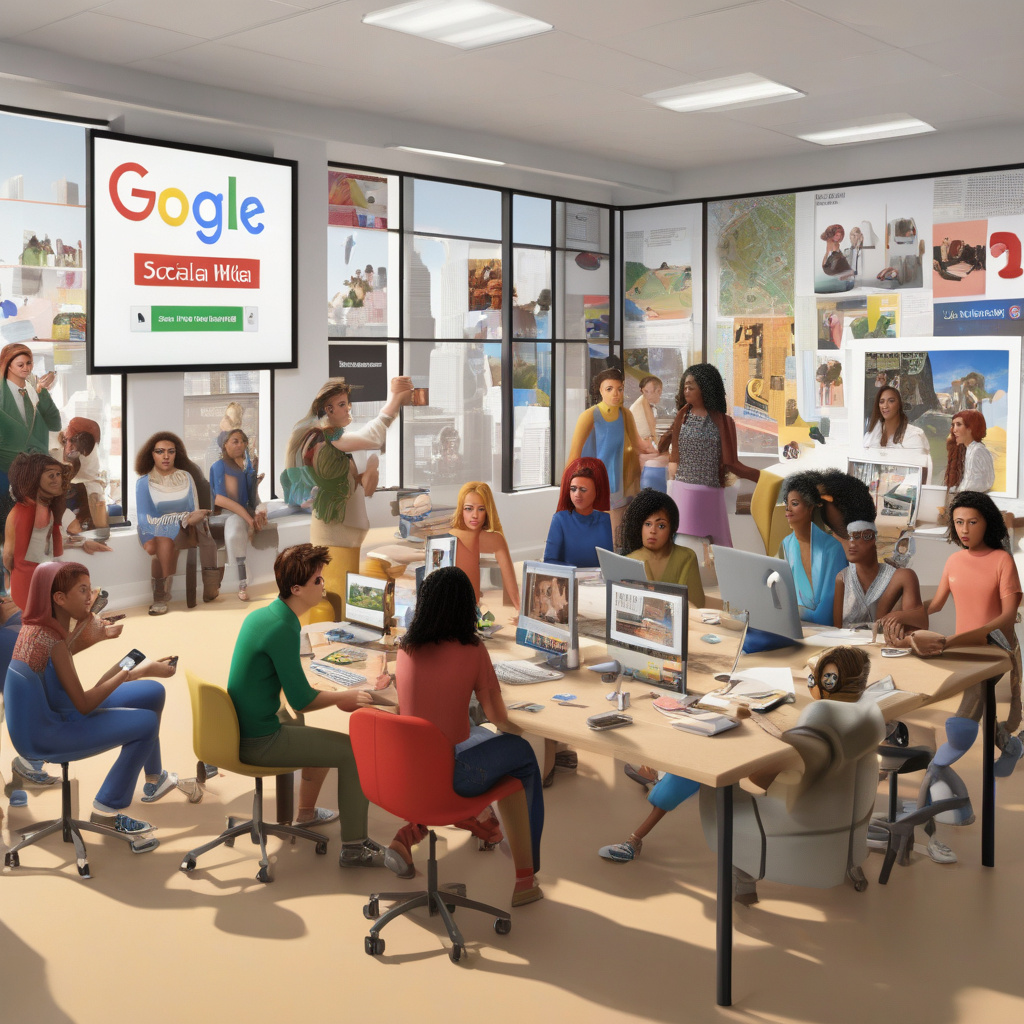Google Urges Australia to Prioritize Parental Tools Over Youth Social Media Ban Proposal
Google and YouTube have recently voiced their concerns to Australian lawmakers regarding the proposed youth social media ban in the country. The tech giants emphasized that while the safety of minors online is paramount, implementing blanket restrictions could potentially hinder children’s educational access. Instead, they suggested that efforts should be directed towards developing more advanced parental control tools to ensure a safer online environment for young users.
The proposal for a youth social media ban in Australia has sparked a heated debate among policymakers, child safety advocates, and technology companies. Proponents of the ban argue that it is necessary to protect children from the potential harms of social media, including exposure to inappropriate content, online predators, and cyberbullying. However, opponents, such as Google and YouTube, believe that a blanket ban may not be the most effective solution to addressing these concerns.
In a statement to Australian lawmakers, Google emphasized the importance of striking a balance between safeguarding children online and preserving their ability to benefit from the educational opportunities that the internet provides. The tech company suggested that rather than imposing sweeping restrictions on social media use, efforts should be focused on empowering parents with the tools and resources needed to monitor and control their children’s online activities effectively.
One of the key arguments put forth by Google and YouTube is that educational content on platforms like YouTube plays a crucial role in supplementing traditional learning methods. By imposing a blanket ban on social media access for minors, there is a risk that children may be deprived of valuable educational resources that can enhance their academic development and knowledge acquisition. Instead, by enhancing parental control features and promoting digital literacy among both parents and children, a safer online environment can be created without sacrificing educational opportunities.
Google’s stance on the proposed youth social media ban in Australia reflects a broader trend among technology companies to advocate for more nuanced approaches to online safety. Rather than resorting to extreme measures such as outright bans, companies like Google are increasingly investing in developing AI-driven tools and features that give users more control over their online experiences. By leveraging technologies such as machine learning and data analytics, these companies aim to provide users with personalized safety solutions that are tailored to their specific needs and preferences.
As the debate over the youth social media ban in Australia continues, it is clear that finding the right balance between protecting children online and fostering their educational growth is essential. By heeding the advice of tech companies like Google and YouTube and focusing on enhancing parental control tools, policymakers can create a safer digital environment for young users without compromising their access to valuable educational content.
In conclusion, Google’s caution to Australian lawmakers regarding the proposed youth social media ban highlights the importance of adopting a more nuanced approach to online safety. By prioritizing the development of advanced parental control tools and promoting digital literacy, policymakers can effectively protect children online while ensuring they can continue to benefit from the educational opportunities offered by the internet.
Google, YouTube, Australia, social media ban, parental tools












